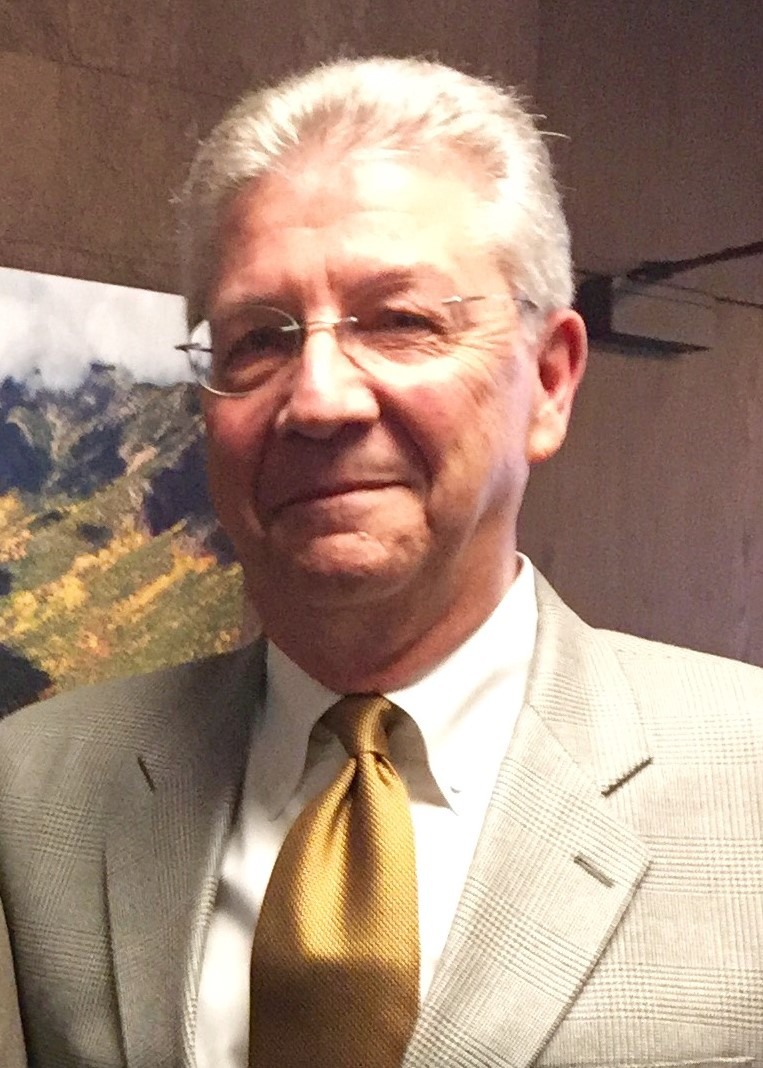By Rick Mitchell, Homeless ID Project
As a person who works with a social services agency serving the homeless, the single most important lesson I have learned is that people, darn near all of us, want to help! My grandmother wanted to feed the world. My father wanted to help his neighbor with his car problems or remodeling projects. Kids want to help, too, and by introducing your kids to the notion of helping others and being charitable, you are developing lifelong good citizens and caretakers of the world for the next generation!
What can we do?
It seems to me, from real world observation and reading newspapers, that the only thing lacking is an understanding of exactly what we can do to help with this country’s burgeoning homeless problem. Do we give the guy on the side of the road with a cardboard sign and a desperate demeanor 2 dollars? Or no? If he gets to your car before the light changes, you’re going to have to decide. How about helping out by serving meals at Andre House or St Vincent DePaul? Did you call last Christmas or Thanksgiving or Christmas only to be told they had all the volunteers they could use? We are faced daily with the issue of homelessness and the lack of a ready answer is uncomfortable.
So how can we help?
One frequently travelled avenue is ‘feeding’ the homeless. And ‘feeding’ does not necessarily stop with food, as some groups provide food, while others provide blankets, clothing, and sleeping bags. That sounds like a good plan. It’s a positive group outlet for your church, synagogue, or neighborhood social group. Maybe bring the kids. So with the very best of intentions and well-laid plans, we hop into the van and head downtown to the Human Services Campus. Food is given. Clothing is provided. Everyone is filled and fulfilled – until the authorities show up.
We thought we had the answer, but we now have more confusion and discomfort.
Here’s the issue, or at least some of the issues. First, no one is saying DON’T HELP. But some kinds of help turn out to be, truly, counterproductive. Food handed out on the street causes waste (uneaten meals), disease (hepatitis A), and litter – more than twenty-seven tons of litter from Thanksgiving to Christmas in 2017. Four tons of litter on the average weekend since January. And the cost to remove that litter is in the hundreds of thousands of dollars to the City of Phoenix and the Human Services Campus.
Clothing? New clothes provide an opportunity to shed the old stuff… in the alley behind a residence or business in the area… maybe soiled before discarded. Blankets become tents become places… you get the idea.
So, once again, how can we help?
Provide the ingredients for meals to a food bank. Help prepare and serve meals at Andre House or St Vincent DePaul – in August, not December. Provide clothing to St. Joseph the Worker, who in turn provides work clothes for the newly employed (and soon to be housed) person who just got a job through St. Joseph the Worker’s job program. 3,800 jobs last year! Provide t-shirts, jeans, shoes and socks, and even reading glasses to the Human Services Campus, Circle the City, or CASS. They have clients on the spot that need those things, and the agency will funnel the castoffs to do even more good. Take that $2 you didn’t hand out the window and send it along with another $12 to the Homeless ID Project. $12 covers the cost of an ID and $2 provides bus fare to the MVD for a homeless client to replace a lost or stolen ID – so that she can go to St Joseph the Worker to find a job (which requires an ID). Head down to the First United Methodist Church in Tempe and provide some clothing for the Shower Program hosted by Rev. Rosemary Anderson every Monday and Friday.
In short, if it’s not too late for that, help agencies that are in the business of helping people. Provide all the help you can muster to help a person END their homelessness, and not to remain inert and content in their homelessness. Help the fishing schools who are teaching people to fish, rather than giving fish.

A resident of Phoenix, Rick Mitchell was born in Chicago and moved from one coast to the other and back again over the course of his professional career. He settled in the valley with his wife Sydney in 2003.
A graduate of Illinois State University with an MBA from Benedictine University, Rick’s professional career included 23 years with MetLife including roles as a divisional controller and a member of the Board of the MetLife General Insurance Agency. Prior to his appointment as Executive Director and CEO of the Homeless ID Project in October 2017, Rick served on the Homeless ID project Board of Directors for nearly 3 years. Rick has a personal passion for the mission of the Homeless ID Project that is based in values instilled in him long ago.
Valley of the Sun United Way is proud to partner with Homeless ID Project.

